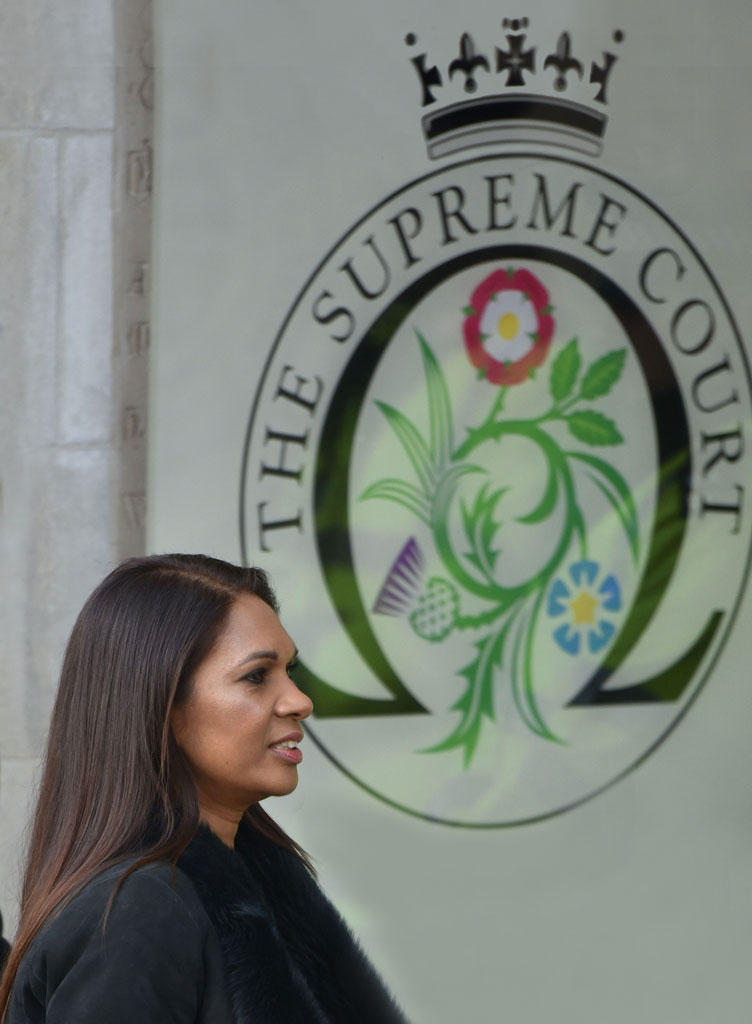
Michael Zander QC reviews the Supreme Court’s decision & its implications
By the time the Supreme Court gave its decision in R (Miller) v Brexit Secretary [2017] UKSC 5, early on Tuesday morning, even ministers had accepted that the government was going to lose. The question being asked was whether the decision would be unanimous. One assumes that the President, Lord Neuberger, tried his utmost to avoid dissents, but a single judgment by a clear majority of 8-3 means there is no possible room for debate as to the clarity of the outcome. Triggering Art 50 requires an Act of Parliament.
Additional reasoning
The majority endorsed the Divisional Court’s decision and its chief reason—that the executive could not by exercise of the royal prerogative take away rights created by domestic law. But the main basis of the Supreme Court’s decision was a different and additional reason that did not figure at all in the Divisional Court’s judgment. The main thrust of the Supreme Court’s decision was that triggering Art 50







.tmb-mov69x69.jpg?sfvrsn=3d1684d4_1)

